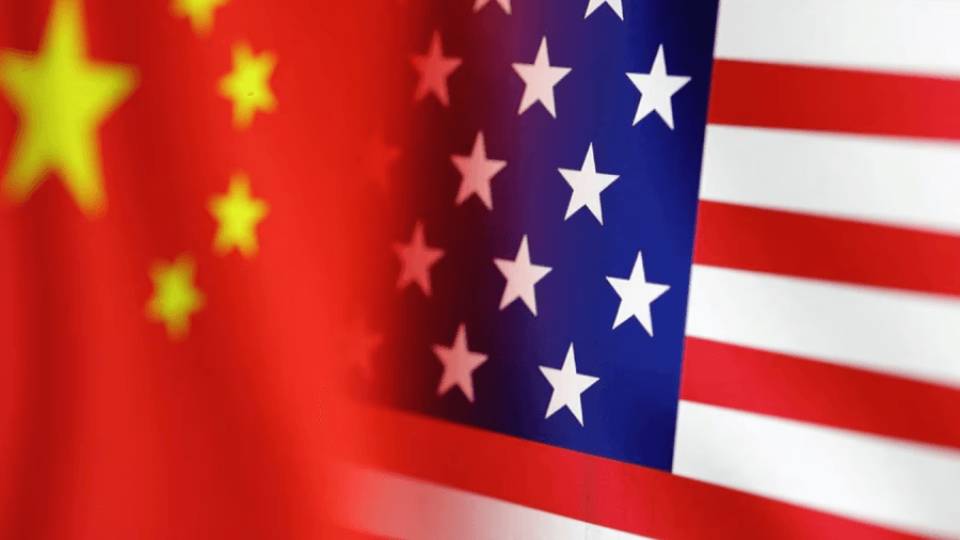May 19, 2023
SEOUL – Several days ago, there was a significant diplomatic event in Vienna, Austria. Jake Sullivan, the White House’s national security adviser, and Wang Yi, a member of the Chinese Communist Party’s Politburo, held talks there. The talks were reported to last more than eight hours over two days. It shows that in-depth conversations have been exchanged on various topics. Fortunately, the issues include the effective management of bilateral relations so that the US-China strategic competition does not worsen into conflict.
Although the US and China are making significant diplomatic moves, it is interesting that China’s actions are relatively broader and more active. Around the same time as the meeting in Vienna, Chinese Foreign Minister Qin Gang toured Germany, France and Norway, emphasizing cooperation between Europe and China. Chinese Vice President Han Zheng also visited the United Kingdom, Portugal and the Netherlands almost simultaneously to explain China’s position on global supply chain reorganization. It is unusual for three of China’s top officials to visit Europe simultaneously and proceed with their diplomatic activities. It is noteworthy that Chinese diplomacy is proactive, and at the same time, changes in diplomacy are detected.
China’s diplomacy has been known as “wolf warrior diplomacy” in recent years. Wolf warrior diplomacy refers to an overall diplomatic effort to project China’s position to the international community in a proactive, sometimes violent manner against external criticism of China. One of the wolf warrior diplomats poured out vulgar complaints about a French researcher who was critical of China, including “ideological troll” and “crazy hyena.” Another Chinese diplomat said, “When friends come, there is wine; when wolves come, there are met with a hunting rifle.” It is embarrassing to see the expressions at the level of gangsters in diplomat’s comments from a long-established and widely respected country.
Wolf warrior diplomacy is welcomed within China, as some diplomats notorious for their warrior activities are proud of what they did. However, the prevailing view in the international community is that the side effects far outweighed the benefits. In a report analyzing China’s diplomacy, a French think tank diagnosed that China has tried to increase its level of charm in the past to expand its influence. However, it has recently been trying to become a fearful state. China probably expected global residents to feel afraid of China and listen to its explanation in a respectful manner. However, this diplomacy has significantly increased disgust and rejection rather than fear in many countries.
The change in Chinese diplomacy began from the top of the Chinese leadership. President Xi Jinping drew attention from the international community when he concluded mediation between Saudi Arabia and Iran in February. China has also proposed mediation of a cease-fire between Russia and Ukraine and is working behind the scenes. China’s European diplomacy can also be evaluated as more of an active persuasion than coercion. China’s recent dialogue with Australia to resolve trade disputes is also a notable progress.
Why is a gentle approach emphasized in Chinese diplomacy instead of the wolf warrior’s vulgar rhetoric? First, it may have been a choice to counter US diplomacy in check with China effectively. With the G-7 summit scheduled in Hiroshima, Japan, member countries are considering including critical phrases against China in economic coercion and Taiwan issues. The recent review of Italy of leaving the China-led Belt and Road Initiative may have also affected China’s change in attitude. The harsh rhetoric of Chinese diplomats expanded negative images with China by emphasizing the vulgarity and barbarity of Chinese diplomacy.
It is also necessary to pay attention to the domestic political context. It is analyzed that the birth of wolf warriors in the first place was related to President Xi Jinping’s third consecutive term. In the case of President Xi, patriotism is emphasized in domestic politics, and the wolf warrior diplomacy could be seen as the result of patriotism’s application in diplomacy. Xi’s reliance on patriotism was a political choice to boost a consensus that strong and unitary leadership was needed to maintain national integration, eradicate the corruption structure of vested interests and strategic competition with the United States. However, it is known that there were many voices of concern within China as various side effects and harmful effects caused by the wild diplomacy led to expanding the unfavorable environment for Xi and China. Until early this year, the certainty of fierce diplomacy was emphasized with the domestic demand. Still, as Xi’s third consecutive term has been summarized, the move to block the side effects of the radical diplomacy is reasonable.
The change in China’s diplomatic style can be evaluated as appropriate in attitude because it can indicate that China’s top leadership is concerned with the national interest. Diplomats from other countries who were troubled with China’s coercive attitude would welcome it. The prospect for the US-China strategic competition can be more peaceful. Above all, China has achieved significant results this year due to the changes.
However, there is a limit to the change in Chinese diplomacy in that it is at a tactical level.
Patriotism, which President Xi Jinping values, is still a necessary factor at the domestic political level, and China’s resistance to the US remains as the US checks on China continue. It is true that China is boxed in a difficult position. However, imagining a scenario that creates a different version of patriotism at the diplomatic theater is not impossible.
China can use the US-China strategic competition to develop new international norms that it can accept through changing ideas. If China’s diplomacy can make a strategic decision beyond tactical changes, it will be in China’s strong interest and welcomed by the global community, probably including the United States.


